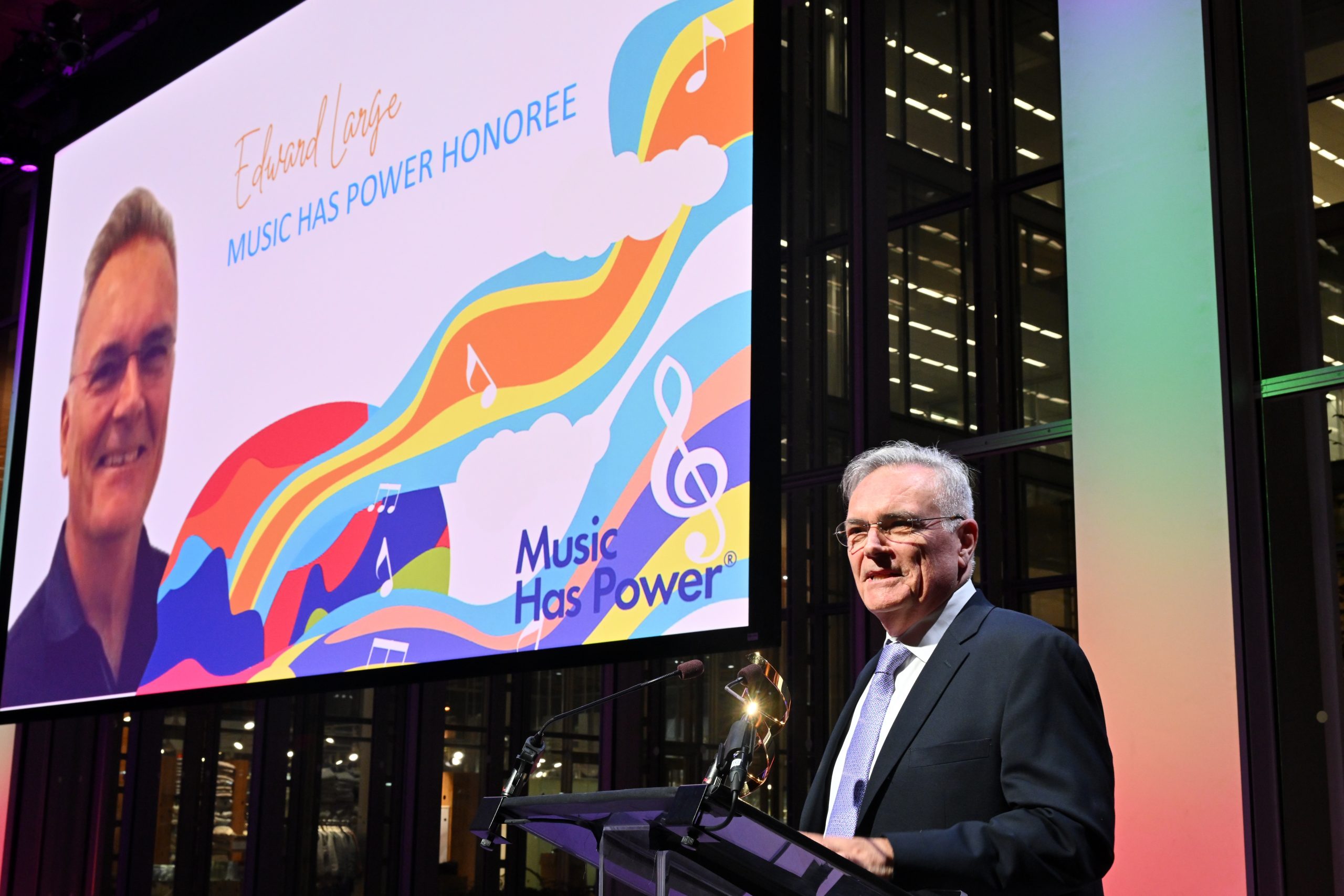Ron Smith of East Hartford is the picture of health and an avid bicyclist who rides thousands of miles each year.
But two weeks ago while bicycling uphill he started to feel some unusual chest distress. “I had never felt anything like that before,” says Smith who reports the symptoms then went away while at rest.
However, over the following two weeks his symptoms spiked in response to smaller and smaller exertions, from biking up hills to just climbing a flight of stairs. His biggest warning sign was when he felt chest pain again when picking up a light piece of material when working on his home remodeling project. He then started to feel out of breath.
“That’s when I thought something was closing in on my heart,” says Smith.
He turned online to research possible answers to his symptoms, and best hospitals for care, thinking perhaps his mitral valve prolapse diagnosis from a dozen years ago may have worsened.
His first and only call was to UConn Health’s Pat and Jim Calhoun Cardiology Center, where he was matched up for an appointment the very next day to see cardiologist Dr. Jason Ryan.
After examining Smith to be safe and rule-out any heart issues, Ryan ordered a series of follow-up tests including a blood test, echocardiogram, chest x-ray and lastly a nuclear medicine treadmill stress test.
On Feb. 1, ironically the first day of American Heart Month, Smith stepped on the treadmill for his four-level, three-minute-per-level walk-jog test at increasing intensity while being monitored by cardiac nurse Dawn Smith (no relation) at UConn Health. But during his stress test Smith started to feel that now-familiar distress symptom in his chest.
“Normally, this stress test activity would be just a warm-up before my workout,” says Smith. “But after this stress test was over, I was sweating unusually and had to sit down on a nearby exam table, even with the electrocardiogram leads from the test still attached to me.”
A couple of minutes later, and without warning, he slumped over. When he came to, he was already being transferred to a gurney by paramedics, nurses, and a doctor. It turned out Smith had suffered a heart attack caused by a more than 90 percent blockage in his left arterial descending (LAD) artery.
His heart attack caused him to experience a dangerous state of repeat arrhythmias called ventricular tachycardia, too strong and rapid contractions of the heart chambers which supply oxygenated blood throughout the heart muscle, the body’s trunk, limbs and brain. Since the chambers don’t have time to re-fill between the rapid contractions, pumping action becomes ineffective and blood pressure drops extremely low.
Staff performed chest compressions immediately and then shocked his heart several times with an automated external defibrillator to revive his heartbeat. Attending cardiologist Dr. Kai Chen immediately called to activate the Cardiac Catheterization Laboratory to have the team prepare to treat the heart attack victim right away as Smith was being rushed directly there by cardiology staff and paramedics.
Interventional cardiologist and director of the Cath Lab, Dr. Michael Azrin, was ready and waiting to take pressure off Smith’s heart by inserting a temporary balloon-pump into his aorta, then re-opening his blocked artery with two cardiac stents. Even during these minimally invasive procedures performed through tiny holes in the skin, one in the groin and one in the wrist, known as femoral and radial access – Smith’s heart needed to be restarted multiple more times.
Smith’s heart essentially stopped seven times according to doctors. But Smith reports no bodily or cognitive deficits from the heart-stopping experiences thanks to the quick and professional work of UConn Health’s team.
Smith feels blessed. “I think I’m the luckiest man alive,” he says.
“A very bad thing happened to me in the very best place for it to ever happen. If this had happened while outside riding my bike or snowshoeing I wouldn’t be here today – period.”
One ICU nurse informed Smith: “You’re a superstar” after his miraculous survival, but Smith credits the entire team at UConn Health and their high-quality of care with contributing to his great outcome.
“When your lights go out, you are crowd-surfing on the people around you. You literally trust these people with your life,” said Smith. “I have a severe appreciation for the combination of skill, professionalism, caring, pride, training, poise, intuition, and grace with which these fine people performed when I needed them.”
Smith says he was blown away by the UConn Health experience. “Everyone involved in my heart attack worked together in such unison and synchrony; from office staff, nurses and doctors, to the stress-test staff, to paramedics, to the ED staff, to the Cath Lab and to the ICU nurses. I try to pay things forward in life, but I don’t think there’s anything I’ve done, or will ever be able to do, that equals what the UConn Health team did, for how phenomenally they saved my life. I am very humbled and appreciative.”
As a very active person who exercises, eats right and even reads food labels, Smith never thought he would get coronary artery disease (CAD). “I am still shocked by this event – no pun intended,” says Smith. “But the takeaway is that heart disease can happen to anyone.”
He advises: “Be vigilant about staying heart-healthy daily and listen to your body. Because when you are paying close attention to your health you are more likely to notice any decline, or feel your heart complaining with its warning signs, and don’t just attribute it to just getting older.”
Plus Smith adds, it’s important to see your doctor so you both develop a baseline knowledge about your health status. “If you have any health concerns, don’t wait, get them addressed immediately. It could improve your odds of surviving a heart attack – don’t rely on luck, get a great team.”
According to Chen, the stress-test with EKG monitoring, widely-used every day in clinical cardiology practices, is designed to bring out during a patient’s exercise exertion any heart symptoms that they wouldn’t typically experience at rest and how much strength and reserve power their heart may have.
“Mr. Smith’s repeat in-hospital heart attack experience is quite rare and he is really, really lucky,” said Chen. “If his heart attacks were going to happen, you would definitely want them to happen here in a hospital setting. Otherwise, his survival would be near zero.”
Dr. Azrin, agrees. “Mr. Smith is very lucky. His story highlights the importance of getting any unusual heart symptoms checked out, especially chest pain and shortness of breath. We are so glad for his fantastic outcome and the dedication and quick activation of our emergency response system and comprehensive medical team always jumping in to meet our patient’s needs.”



